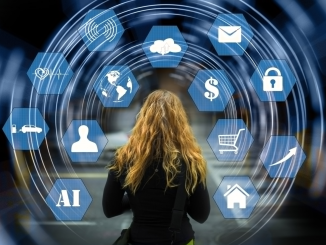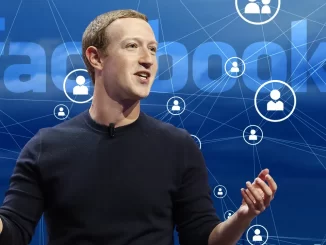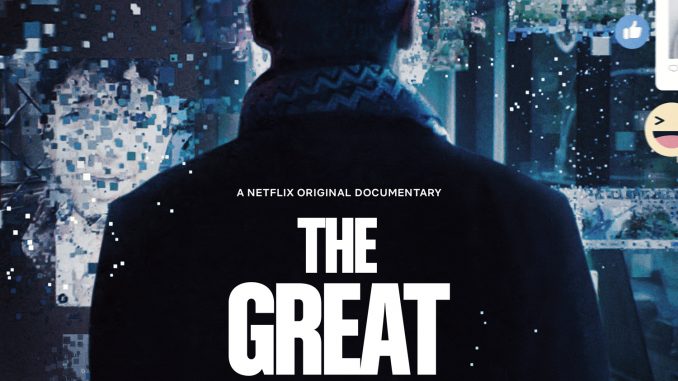
The Internet age has scurried to make data a potent weapon that can effectively and directly change people’s perceptions of the natural world of existence (Amer & Noujaim, 2019). The film The Great Hack exposes the worldwide sensation Cambridge Analytica from a documentary perspective. In particular, Cambridge Analytica’s use of user data to manipulate political election opinions led to a thorough investigation by regulators, widespread social criticism, and media accusations. The film takes a more holistic view, starting with design school professor Carroll’s allegations of suspected illegal personal data collection against Cambridge Analytica to further reveal the misuse of personal data and its involvement in the Trump election, the UK’s withdrawal from the European Union, and global political elections.
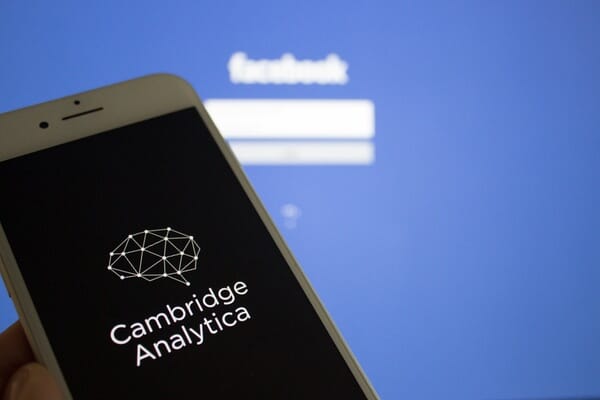
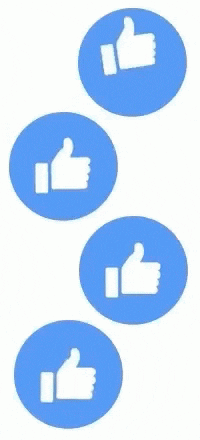
The current state of the Internet
The end of personal data misuse illustrates the skillful use of social groups by various social platforms to enable people to help create their data profiles, which are shared and proliferated in an automated way. In addition, people tend to focus on social media’s sense of use and function rather than whether it infringes personal privacy or discloses personal information. Notably, everything in a social media platform’s digital footprint is saved, and feedback such as likes, comments, and shares are recorded by big data for further use by the platform. For instance, researchers can predict personality traits from an individual’s Facebook likes – openness and extroversion – and then customize psychological profiles for different personalities (Aharony, 2016, pp.365-366). Under this phenomenon, platform analytics agencies can maximize their capital by algorithmically targeting relevant advertising to the right groups and quickly and psychologically transferring personal data to third-party websites (Hinds et al., 2020, pp.1-2).
What is the Cambridge Analytica scandal? Source:https://youtu.be/Q91nvbJSmS4
Cambridge Analytica manipulates political elections through data
According to the film, each American voter under the Cambridge Analytica umbrella has 5,000 data points to help the analytics team build a complete personality model. After obtaining a three-dimensional digital profile of individual voters, they could interfere with their votes in the election using different strategies, known as personality-influenced behavior (Afriat et al., 2020, p.115). Apart from that, the 2016 US election was a triumph of manipulation by Cambridge Analytica. The ones that social platform users saw were those that the Trump team wanted them to see. For example, Trump campaigned on the “right to bear arms.”
People who are open-minded, impulsive, risk-taking, and often nervous will open Facebook and see ads like “freedom under threat.” It defies all pundits’ predictions of reality and any political precedent, turning Trump from an underdog candidate into a president (Bossetta, 2018, pp.478-480).
They prove once again that data theft is the theft and abuse of the virtual digital world and direct manipulation of real-world politics.
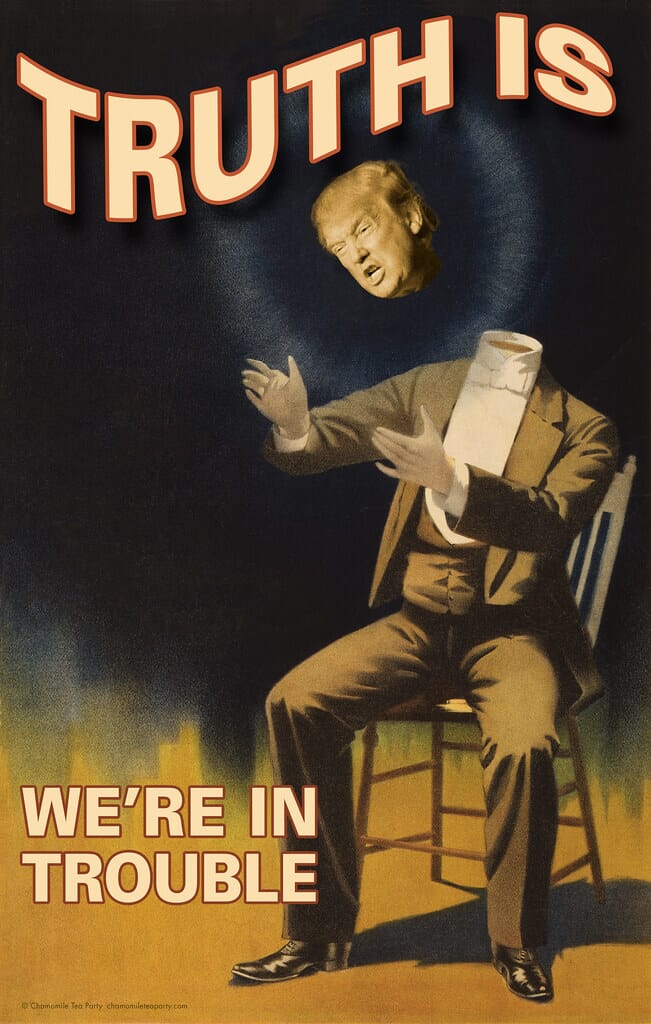
The reality of the erosion of democracy on the Internet
It is worth pondering that when questioned whether Brittany’s election-influencing behavior in Cambridge Analytica subverted democracy, she said no (Amer & Noujaim, 2019). Interestingly, up to the interview at the film’s beginning, Brittany only sees this series of data manipulation tactics as a psychological cue in identifying people considering different options, which ultimately boils down to their own choices and judgments. She ignores that the above behaviors directly influence movements through social media and that targeted psychological campaigns can evolve and develop into complex strategies to achieve the art of political persuasion (Seadle, 2019, p.1508). To some extent, it has harmed the democratic political process. For example, when a group of people started the “BluelivesMatter” movement, there was some evidence that it was all run by the Russian government. The goal was to radicalize African Americans to disrupt the Democratic Party and eventually lead to unrest in the United States (Al-Rawi, 2021). Thus, while people are using social media and enjoying the thrill of free will, stakeholders carry emotionally inflammatory distractions that can set the space for issues and thus shake users’ perceptions for illegal purposes (Barker, 2019).
A series of Internet accident effects ——surveillance capitalism
On the one hand, since the beginning of the Web 3.0 era, the Internet has been awash with fake news and fake accounts trying to change the status quo in terms of public opinion. It seems that everything on the Internet lacks credibility. In other words, even FaceBook’s claims of prevention and control raise concerns about the violation and misuse of personal data. People are facing the latest crisis of our time – information warfare. Meanwhile, the Cambridge Analytica business model has been described as surveillance capitalism, where human experience is seen as free raw material, and the manipulator has the power to make decisions and use it (Turner, 2018, p.60). Implying structural rights and financial incentives under capitalism, as a long-standing problem facing the political economy. As a result, there is a need to temper the permissiveness of data ownership, data accessibility, and privacy and return to the starting point of the digital innovation era (Barker, 2019). Data today has overtaken oil as the most valuable asset in the world (WIRE, 2019). There is no denying that this is a long road to the new regulation. The strategies of the enemy one faces are evolving and changing into more complete and complex models.
On the other hand, the electoral events were disrupted by Cambridge Analytica also point to the complexity of politics itself and the rights of democracies regarding elections, making it challenging to maintain a rational and fair environment. Although surveillance capitalism is a new beginning of capitalism, there is an opportunity for a new paradigm to exist. Democratic warriors, legislators, and citizens will all be examples of those who make regulatory institutions (Barker, 2019). At the same time, citizens are critical when a new social contract needs to be established. Digital innovation and democracy advocates claim that a new social contract should consist of a contract between governments, media platforms, and citizens. The future of the Internet requires fundamental structural changes to protect democracy, including new privacy laws that go beyond notice and consent and create absolute transparency to address the systemic problems of opinion information and hacking struggles (WIRE, 2019).

User privacy fatigue
Unfortunately, people have likely become unresponsive in the wake of the Cambridge Analytica scandal and the film’s widespread dramatization and dissemination. Many studies have shown that people have gradually become exhausted by the breaches involved in endless amounts of data and consequently feel pointless in trying to do anything to protect personal data (Hinds et al., 2020, p.3). This anomalous phenomenon is known as privacy fatigue and often occurs after social platforms create psychological stress from the difficulty of controlling and tracking complex private data. In particular, social media associated with political discussions are more likely to cause exhaustion and anger. Ultimately, the stressful content from the inevitable exposure leads to a reluctance to protect personal privacy.
Moreover, the inability of people to see how their data is being used could further intensify the pressure. The costs and benefits of personal interaction in social media cannot be assessed. As time goes on, people become confused and frustrated with the future of data management. The revolutionary solution was to delete social media accounts as an incentive in the wake of the Cambridge Analytica scandal.
However, due to social pressure and the availability of technology, the “DeleteFacebook” has been ineffective, and people are generally reluctant to leave.
From a participant’s perspective, social norms are so entrenched that it is difficult to escape from and rely on social media. Media platforms have become a built-in channel for social interaction (Afriat et al., 2020, p.122).
Points of conflict in the film
However, the film’s title falls into a strange scenario for the facts of the Cambridge Analytica case. As is well known, hacking is generally defined as an illegal breach of the security of Internet systems. The central point of the documentary, on the other hand, is that Cambridge Analytica hacked into Facebook to infringe on the democratic process of the internet. This critical narrative essentially serves the interests of everyone except Facebook. People do not have to take risks for their actions if they are manipulated into making “wrong” judgments. Meanwhile, this form of the narrative serves Cambridge Analytica. They emphasize its hugely lucrative achievement as a curator by referring to Facebook as an existential threat to internet competition (Stapp, 2021).
A call for improvement in the state of the Internet
In the film’s final scene, Brittany, involved in the Cambridge Analytica affair, produces tens of thousands of confidential documents as substantial evidence of this event, awakening awareness of data surveillance and creating her own YouData organization (Amer & Noujaim, 2019). Initiatives have been launched against tech giants keen to promote human rights, effective regulation, improve their terms of service and maintain their privacy and security.
For example, Facebook was asked to improve its terms of service and focus on topics related to Bitcoin, blockchain, and NFT. It seems that all of these actions are well documented, moving from being a human rights activist to assisting Cambridge Analytica in the misuse of users’ data to being a “whistleblower.”
Further revealing the value of data in culture and politics, stakeholders worldwide are vying to control personal privacy details. Therefore, in the face of future Internet developments, a constant call for awareness of the serious dangers facing big data, high technology, and disinformation is the priority. The government, society, and the media can blame and monitor the intermediaries of fake news, but it is not possible to eliminate it through legislation, so the process of Internet governance will need to be constantly driven by future dynamics.
Looking ahead
To sum up, The Great Hack depicts how potential consumers can target voters and how people’s preferences for candidates can be manipulated and decided by social media propaganda. Throughout the film, there is a thread of the shattered dreams of internet liberalism, where stakeholders fully exploit users’ data to achieve internet-style victories. Although the misuse and manipulation of data are directed at Cambridge Analytica, the psychologically targeted activities of social media will not go away for this reason. It will be a complex technology that will be difficult to moderate and is still being developed to expand internet users’ interests on a larger scale. Therefore, while people are faced with Internet surveillance capitalism, there should be a redoubled emphasis on democracy, awakening awareness and confidence on the Internet, and paying attention to social media terms of service and the right to privacy safeguards.
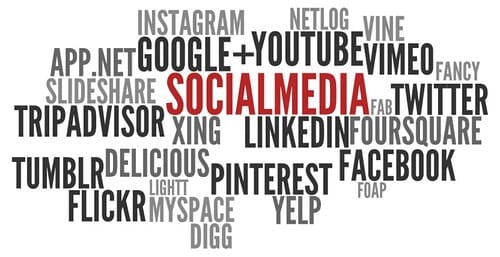
References
Aharony, N. (2016). Relationships among attachment theory, social capital perspective, personality characteristics, and Facebook self-disclosure. Aslib Journal of Information Management, 68(3), 362–386. https://doi.org/10.1108/AJIM-01-2016-0001
Al-Rawi, A. (2021). Political memes and fake news discourses on instagram. Media an Communication (Lisboa), 9(1), 276–290. https://doi.org/10.17645/MAC.V9I1.3533
Amer, K., & Noujaim, J. (2019). The Great Hack [Film]. Netflix.
Afriat, H., Dvir-Gvirsman, S., Tsuriel, K., & Ivan, L. (2020). “This is capitalism. It is not illegal”: Users’ attitudes toward institutional privacy following the Cambridge Analytica scandal. The Information Society, 37(2), 115–127. https://doi.org/10.1080/01972243.2020.1870596
Barker, S. (2019). Netflix film The Great Hack raises serious questions about data privacy issues. Securitybrief.co.nz. Retrieved 3 October 2021, from https://securitybrief.co.nz/story/netflix-film-the-great-hack-raises-serious-questions-about-data-privacy-issues.
Bossetta, M. (2018). The Digital Architectures of Social Media: Comparing Political Campaigning on Facebook, Twitter, Instagram, and Snapchat in the 2016 U.S. Election. Journalism & Mass Communication Quarterly, 95(2), 471–496. https://doi.org/10.1177/1077699018763307
Hinds, J., Williams, E. J., & Joinson, A. N. (2020). “It wouldn’t happen to me”: Privacy concerns and perspectives following the Cambridge Analytica scandal. International Journal of Human-Computer Studies, 143, 102498–. https://doi.org/10.1016/j.ijhcs.2020.102498
Schneble, C. O., Elger, B. S., & Shaw, D. (2018). The Cambridge Analytica affair and Internet-mediated research. EMBO Reports, 19(8). https://doi.org/10.15252/embr.201846579
Seadle, M. (2019). The Great Hack (documentary film). Produced and directed by Karim Amer and Jehane Noujaim. Netflix, 2019. 1 hour 54 minutes. Journal Of The Association For Information Science And Technology, 71(12), 1507-1511. https://doi.org/10.1002/asi.24333
Stapp, A. (2021). 7 Things Netflix’s ‘The Great Hack’ Gets Wrong About the Facebook–Cambridge Analytica Data Scandal. Truth on the Market. Retrieved 7 October 2021, from https://truthonthemarket.com/2019/08/27/7-things-netflixs-the-great-hack-gets-wrong-about-the-facebook-cambridge-analytica-data-scandal/.
Turner, F. (2018). The arts at Facebook: An aesthetic infrastructure for surveillance capitalism. Poetics (Amsterdam), 67, 53–62. https://doi.org/10.1016/j.poetic.2018.03.003
WIRE, B. (2019). “The Great Hack” Film Spurs D.C. Discussion Around Privacy and Political Micro-targeting. Businesswire.com. Retrieved 3 October 2021, from https://www.businesswire.com/news/home/20190726005377/en/%E2%80%9CThe-Great-Hack%E2%80%9D-Film-Spurs-D.C.-Discussion-Around-Privacy-and-Political-Micro-targeting.

This work is licensed under a Creative Commons Attribution 4.0 International License.

